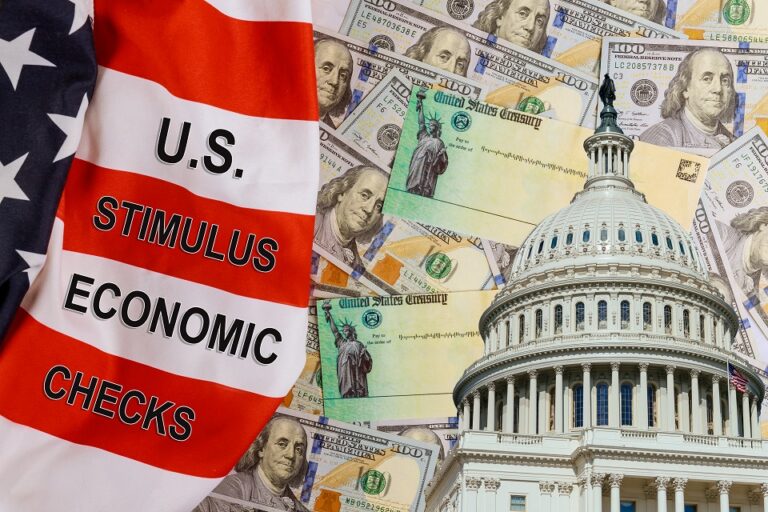
2. Arkansas
- Our rating for the Middle-Class: Mixed tax situation
- State sales tax: 6.5 percent state levy
- Income tax: The lowest rate begins at 2 percent (on taxable income from $4,500 to $8,899 for those who pay taxes and have their net income less than $22,200); 0.75 percent (on the first $4,499 of taxable income for residents who pay taxes and have their net income ranging between $22,200 and $79,300), or 2 percent (on the first $4,000 of taxable income for individuals who pay taxes and have their net income over $79,300); the highest rate starts at 3.4 percent (on taxable income from $13,400 to $22,199 for residents who pay taxes and also have their net income less than $22,200), 5.9 percent (on taxable income from $37,200 to $79,300 for Arkansas residents who pay taxes and have their net income ranging between $22,200 to $79,300), or 6.6 percent (on taxable income over $79,300 for those who pay taxes and have their net income over $79,300). However, in 2021, the highest rate that applies to those who are taxpayers and have their net income over $79,300 will actually be 5.9 percent (on taxable income over $8,000)
- Property taxes: Being a homeowner here means that you’ll have to pay $612 (the median property tax rate) per $100,000 of assessed home value
Speaking of sales taxes… in the Natural State, localities can bring about as much as 5.13 percent, the average combined rate being 9.53 percent. Although prescription drugs are fully exempt, food items are actually taxed at a 0.125 percent rate. And that’s not all, because some local taxes may apply.
When it comes to motor vehicles, they are taxed if your purchase translates to $4,000 (or more). Arkansas residents face a clothing tax calculated at the standard rate.
1. Tennessee
- Our rating for the Middle-Class: Most tax-friendly
- State sales tax: 7 percent state levy
- Income tax: Tennessee imposes no income tax. There’s a trick though: certain interests and dividends can face the Hall Tax at a 1 percent rate. The first $1,250 when it comes to taxable income for single filers ($2,500 for those who file jointly) is exempt. However, 2020 was the last year for this type of tax. Plus, if you’re over 100, the tax is waived.
- Property taxes: In the Volunteer State, homeowners have to pay the median property tax rate ($636 per $100,000 of assessed home value).
According to the Tax Foundation, localities are entitled here to add up to 2.75 percent when referring to sales taxes. This means that the average combined rate is 9.55 percent. Tennessee doesn’t exempt groceries from taxation. They are taxed at a 4 percent rate by the Volunteer State. Local taxes may show up too.
Regarding motor vehicles, they are taxed at the standard rate (7 percent), but purchases that range between $1,600 to $3,200 also see an additional 2.75 percent rate. Fortunately, there’s virtually no tax on prescription drugs, and clothing is actually taxed at the standard rate.
P.S.: Tennessee has the highest sales tax rate in the country, that’s why it is found at the top of our list.





2 thoughts on “10 States With Ridiculously High Sales Taxes”
Nevada is over 7% sales tax
Where does Texas stands?
Ridiculous taxes in Texas.
Sales tax on every purchase made: 8.25%
Property tax: $3,000 for 1,500 sqft home
Municipality (MUD) tax
ISD (Independent School District) tax